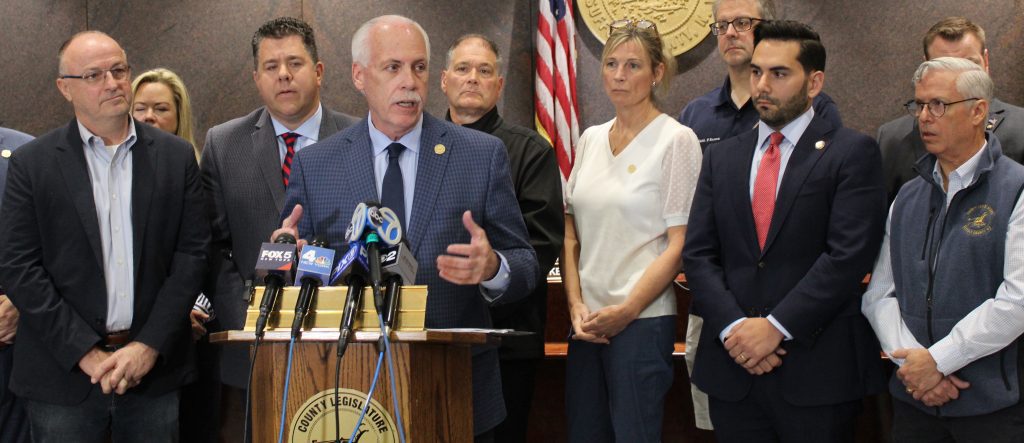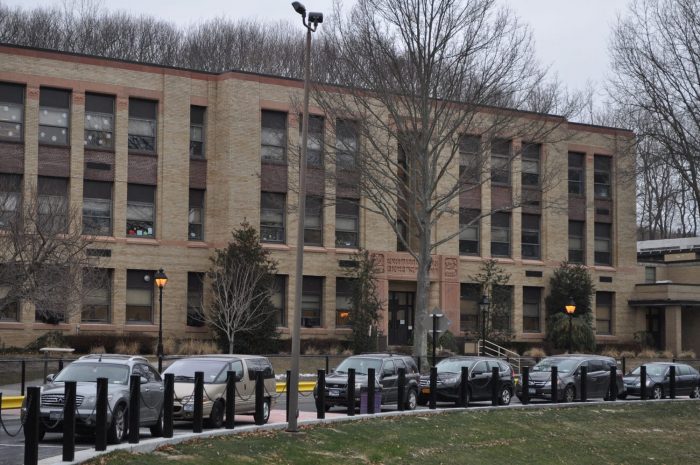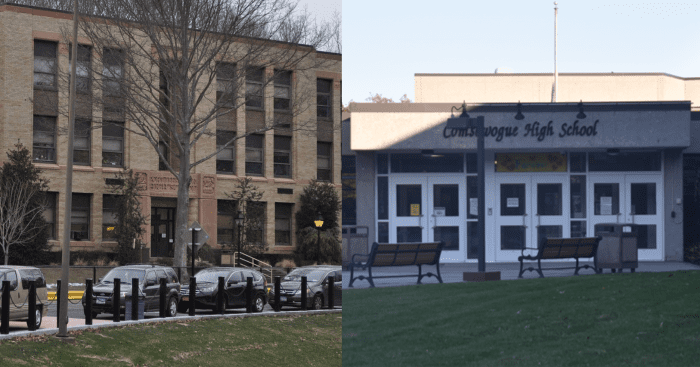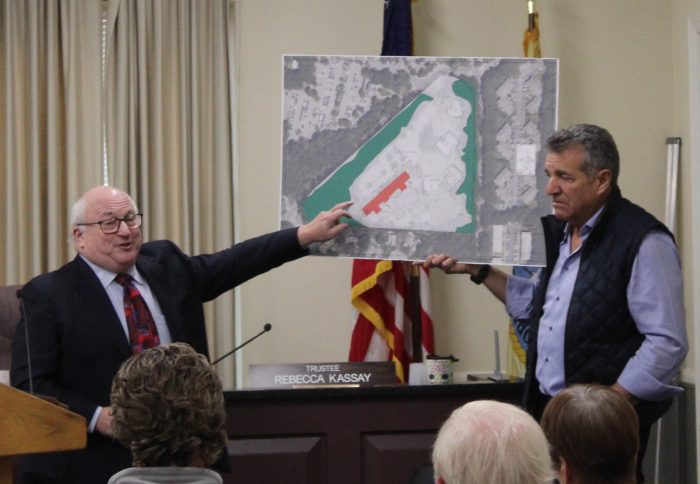A nationwide debate over immigration, coupled with the end of Title 42, is sending shockwaves through Suffolk County.
Title 42, a COVID-19 pandemic-era federal immigration policy that expired earlier this month, enabled U.S. Border Control agents to swiftly expel asylum seekers on public health grounds. The end of the procedure has led to a spike in new migrants entering the country, with many directed toward New York City and, possibly, Long Island.
Gov. Kathy Hochul (D) has identified three SUNY campuses, including Stony Brook University, for migrant housing, Spectrum News NY1 reported on Tuesday.
NYC received more than 900 migrants daily over several days, Mayor Eric Adams (D) told CBS News “Face the Nation,” Sunday, May 21. It is an influx, the mayor suggested, that has overburdened the city’s budget and facilities. Adams called upon Hochul and counties throughout the state to assist his city, referring to the requested relief as a statewide “decompression strategy.”
“New York City is the economic engine of the state and the country,” he said. “We believe the entire state should participate in a decompression strategy, and it’s unfortunate that there have been some lawmakers and counties that are not carrying on their role of ensuring that this is a decompression strategy throughout the state.”
Tensions swelled on the same Sunday morning during a press conference at the William H. Rogers Legislature Building where immigration advocates clashed with Republican lawmakers.

Suffolk County Legislature Presiding Officer Kevin McCaffrey (R-Lindenhurst), standing alongside U.S. Congressman Nick LaLota (R-NY1) and Republicans from across levels of government, criticized the city’s policies, affirming that Suffolk County is not open to new asylum seekers.
“New York City made a conscious decision to call itself a sanctuary city. Suffolk County did not,” McCaffrey said.

He added, “The residents of Suffolk County have already dealt with the financial costs of the pandemic and the historic inflation because of the failed policies of the state and federal government. We cannot stand by and allow the residents of Suffolk County to further burden the failed policies of the Biden, Hochul and Adams [Democratic] administrations in dealing with this crisis.”
McCaffrey stated the federal government’s vetting process is inadequate, so “we do not know who’s being sent into this county,” noting the potential strain upon law enforcement is still undetermined.
He described the expected cost of food, shelter and related medical and school expenses as “daunting,” saying that financial assistance from the federal and state governments would be “a mere drop in the bucket compared to what it would actually cost” to accommodate these requests.
“We cannot allow the federal [government] and state to pass on these costs to the residents of Suffolk County,” McCaffrey added.
LaLota criticized New York City’s sanctuary city designation, tying the influx of asylum seekers to unresolved issues at the U.S.-Mexico border.
“We here in Suffolk County are 2,000 miles from the southern border, but we are to become a border county because of the Biden administration’s failed border policies and the sanctuary city policies of New York City,” the congressman said.

Throughout the Sunday morning press conference, the speakers heard steady chants from the gallery opposing their efforts. “No hate. No fear. Immigrants are welcome here,” the protesters cried in unison.
Two days later, at the same county complex in Hauppauge, the immigration advocates held their own press conference Tuesday morning.
“For far too long, Suffolk Republicans have denied Long Island families — particularly those seeking asylum — the freedom to thrive,” said Elmer Flores, advisory board member of the Long Island Immigration Clinic. “People seeking asylum are individuals, children and families that deserve to live in peace and live free from danger, which is why exercising their human and legal right to seek safety in the U.S. should be protected.”

“Asylum seekers can work — they are given work permits,” Perez said. “If anyone’s noticed, there’s also a labor shortage in Suffolk County. Do the math.”
Ivan Larios, manager of organizing and strategy for the Long Island branch of the New York Immigration Coalition, appealed for the acceptance of new asylum requests on humanitarian grounds, noting the harsh conditions from which many are fleeing.
“Immigrants are already a part of our community and make Long Island richer and better because of their economic, social and cultural contributions,” he said. “People seeking asylum are individuals, children and families fleeing danger and persecution in exercising their human right, a legal right to seek safety in the United States.”
Despite these appeals, the county Legislature introduced a procedural motion on May 23 to appoint a special counsel “to pursue any and all legal options available to protect the unfunded location of any asylum seekers in Suffolk County,” McCaffrey said.
A vote on the motion is expected during the Legislature’s June 6 meeting.














